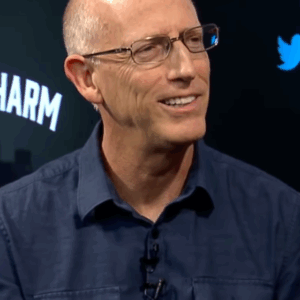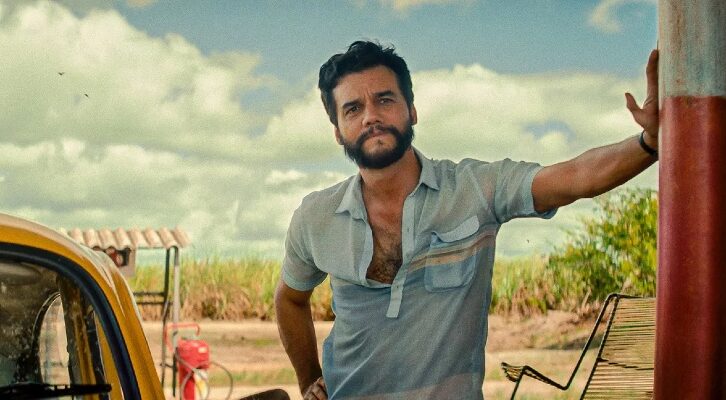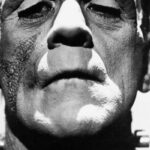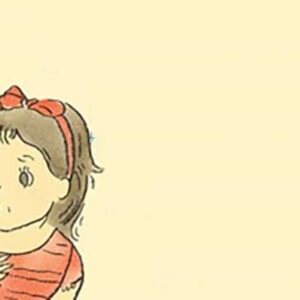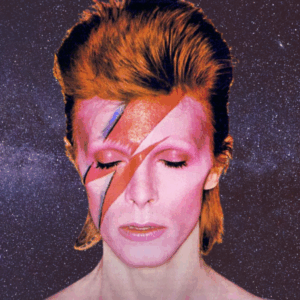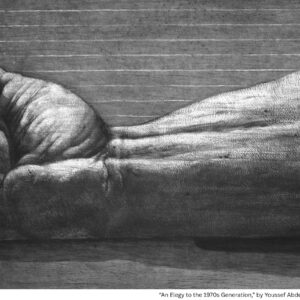
12 Literary Writers on Stephen King's Influence
Happy Birthday to the King of Horror
Stephen King—prolific writer, mega-bestseller, living author with the most film adaptations to his name, crowned king of horror but by no means limited to that genre—turns 70 today. Despite (or perhaps because of) his relentless success, there have been many conversations over the years about whether Stephen King is a “great writer” or not. (I recommend this hilarious essay about the experience of reading It.) Some of the contention has originated with King himself—in his aggressive acceptance speech upon winning the National Book Foundation’s Medal for Distinguished Contribution to American Letters, he admitted to early bitterness about literary writers and called readers of literary fiction “out of touch with their own culture.” To which Shirley Hazzard, winning the National Book Award for fiction that year, responded, essentially: slow your roll. But the truth is that lots of people love Stephen King’s books, and that they’ve ushered many readers—and many eventual writers—through their adolescence. For many, his books were the first to show what could be done with literature, beyond what was taught in school. Which is a wonderful thing. Here are twelve literary authors on their love for King, and the influence he’s had on their work.
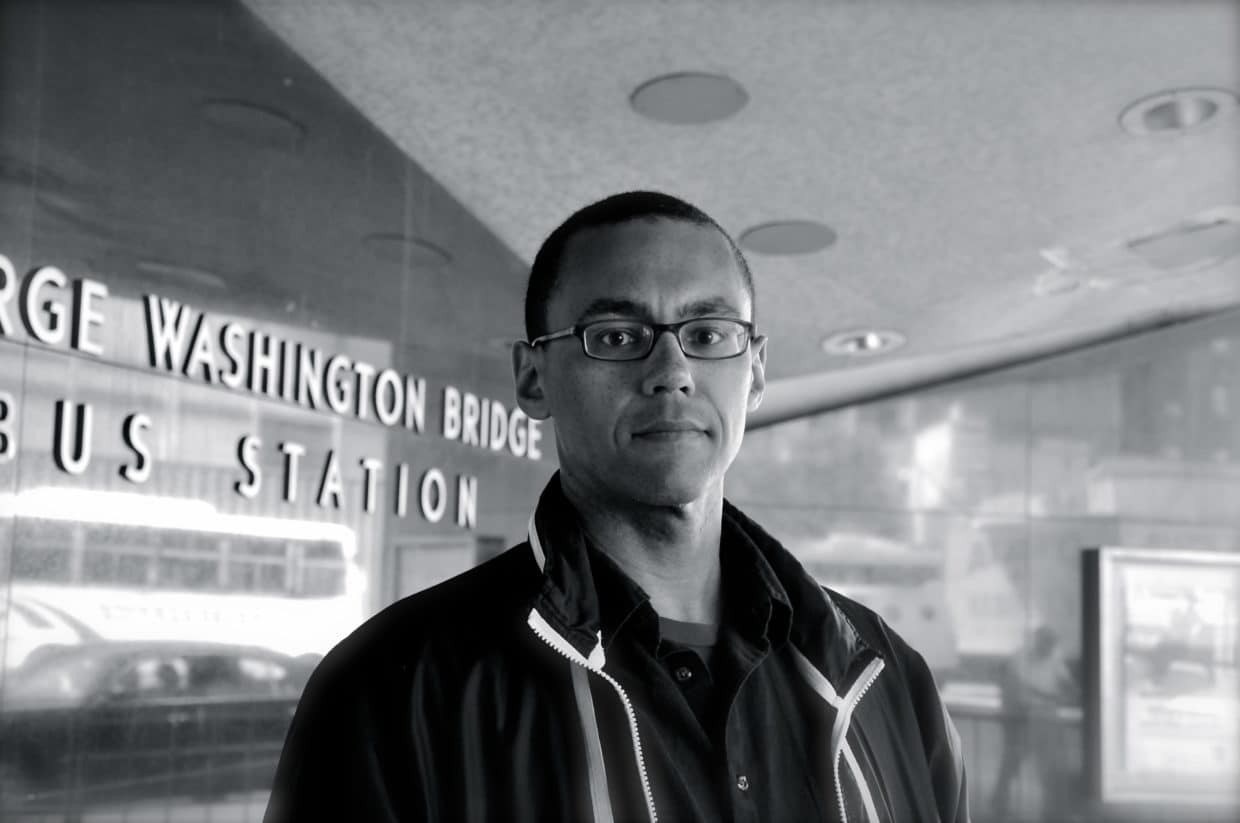 Photo: Alyssa Loh
Photo: Alyssa Loh
Victor LaValle:
“One writer . . . is Stephen King, who was also a formative influence on me, but he can do the whole spectrum from splatter to realism to the genuinely weird.” (Electric Literature)
“How do you learn how to do something? You watch your sibling do it. Or you watch your parents do it. And as long as you don’t plagiarize, there isn’t any problem with copying. What I mean by that—let’s say there was a Stephen King story that took place in Maine with a bunch of white working class people working in a factory in the middle of the night. I didn’t know anything about that, but I would write a short story that was about some black factory workers at a factory in Queens at midnight and then it turns out that there’s a pathway down to an underground maze of rats. And it was a complete steal of one of Stephen King’s stories but that didn’t matter. What mattered was that I was teaching myself to tell a story and how to include the details that I knew, of a story that I knew.” (LA Times)
“The first book I ever loved, like walked around with it and never let it go, was probably Stephen King’s It. First, I’ll admit part of the lure was being able to show off that I was reading a book that massive. 1,000 pages or so. Even as a paperback that’s a beast. I slapped it down where ever I could just so people could feel the tremor.
But really the reason I loved the book is because children died in it. Right from the opening scene. I know this sounds morbid. I guess that’s because it is morbid. But I found the varieties of threat, and murder, done to children extremely appealing. When I was young I thought it was just the surprise of finding such things written down in a novel. But as an adult I now think there was also something so gratifying about having a book acknowledge, admit, revel in the feeling of childhood. That you are under constant threat, that you have very little power, that there are forces in the world that simply will do you harm. Adults don’t like to think about this, but kids can’t ever forget such things are true. It didn’t lie to me.” (Literary Hub)
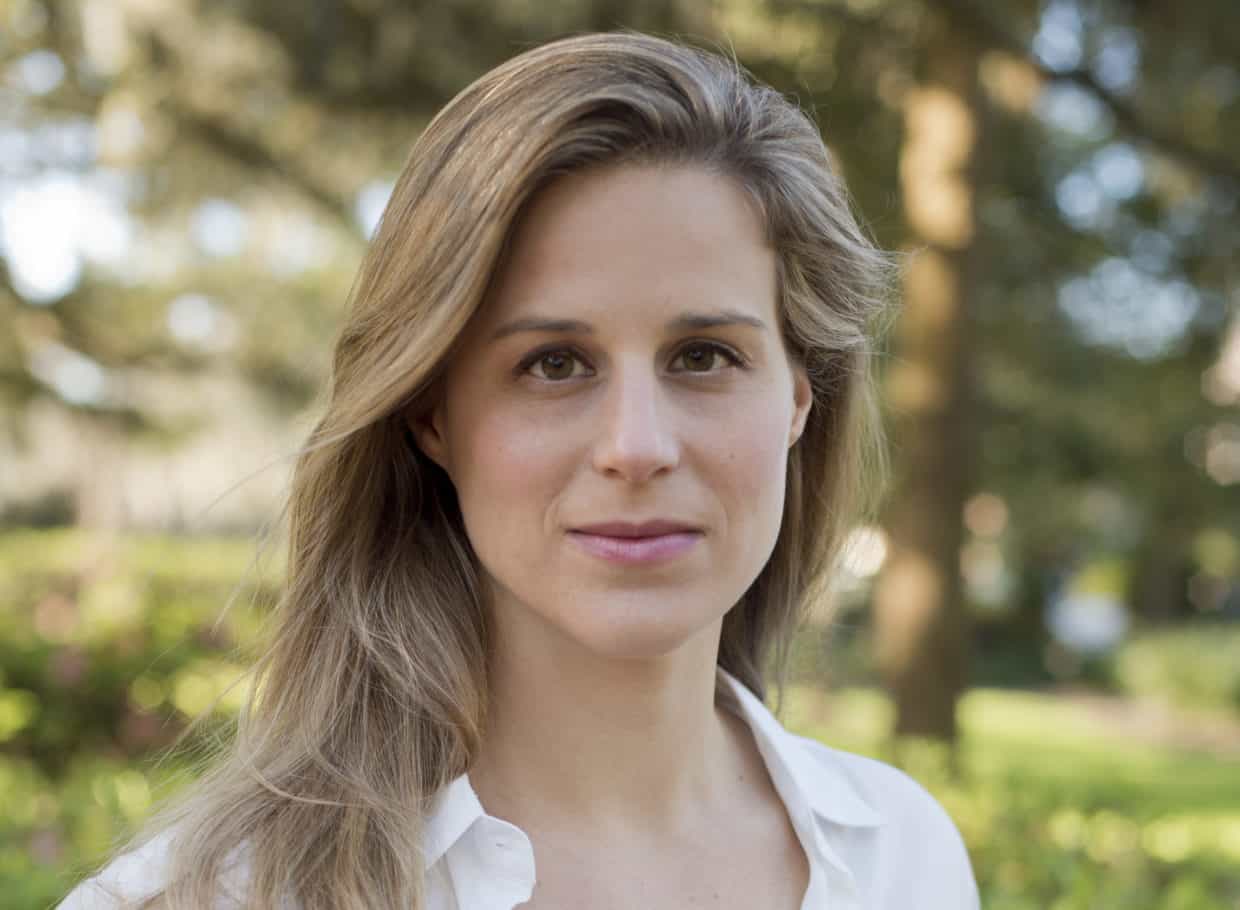 Photo Courtesy Lauren Groff
Photo Courtesy Lauren Groff
Lauren Groff:
“I love Stephen King and I owe him more than I could ever express. I love his wild imagination and his vivid scenes, many of which populate my nightmares even decades after I last read the books they’re in. But the greatest thing I gleaned most from reading Stephen King is his big-hearted glee, the way he treats writing with gratitude, the way he sees his job not as the source of anguish and pain many writers self-pityingly see it as, but rather as something he’s over-the-moon delighted to be lucky enough to do. If I could steal one thing from King, and keep it close to my heart forever, it is his sense of almost-holy glee when it comes to writing.” (Salon)
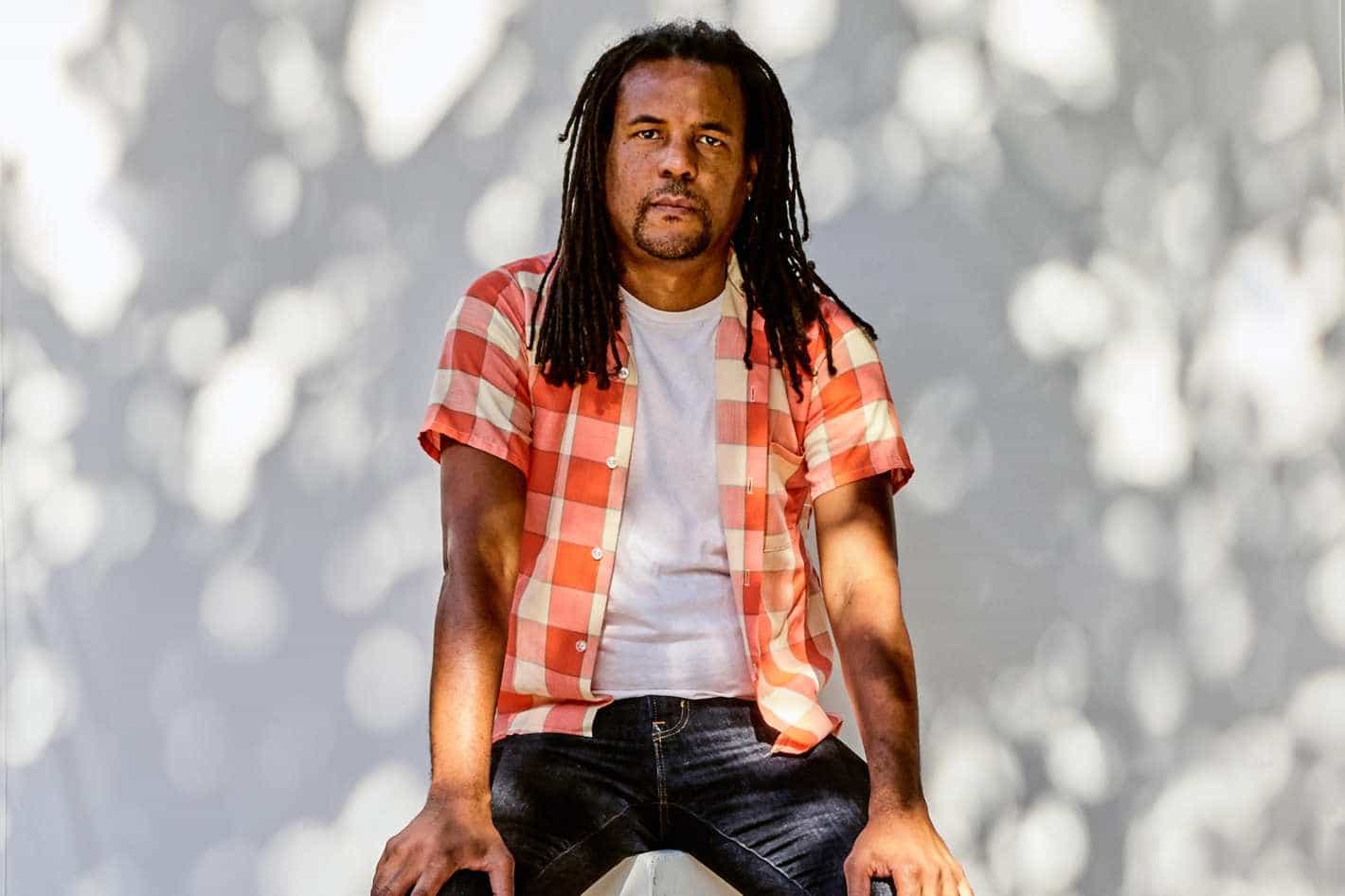 Photo: Bobby Doherty/New York Magazine
Photo: Bobby Doherty/New York Magazine
Colson Whitehead:
“My family read a lot of commercial fiction. We always had the latest Stephen King. My mother would read it first, and then my sister, and then I would get it, starting in fifth grade. The first big book I read was Night Shift by Stephen King, you know, a huge book of short stories. And so for many years I just wanted to write horror fiction.” (Literary Hub)
“I was a big horror and science fiction fan growing up. My brother and I would rent horror movies every weekend and in junior high I was reading Stephen King and Isaac Asimov. It was those guys who made me want to write in the first place, so it made sense to me that I would eventually do a horror novel, even if it seems strange going from a coming-of-age story like my last novel, Sag Harbor, to a zombie apocalypse. Zombies are a great rhetorical prop to talk about people and paranoia and they are a good vehicle for my misanthropy.” (The Guardian)
“[In college] I wanted to write the black Shining or the black Salem’s Lot . . . Take any Stephen King title and put ‘the black’ in front of it. That’s basically what I wanted to do.” (VCU)
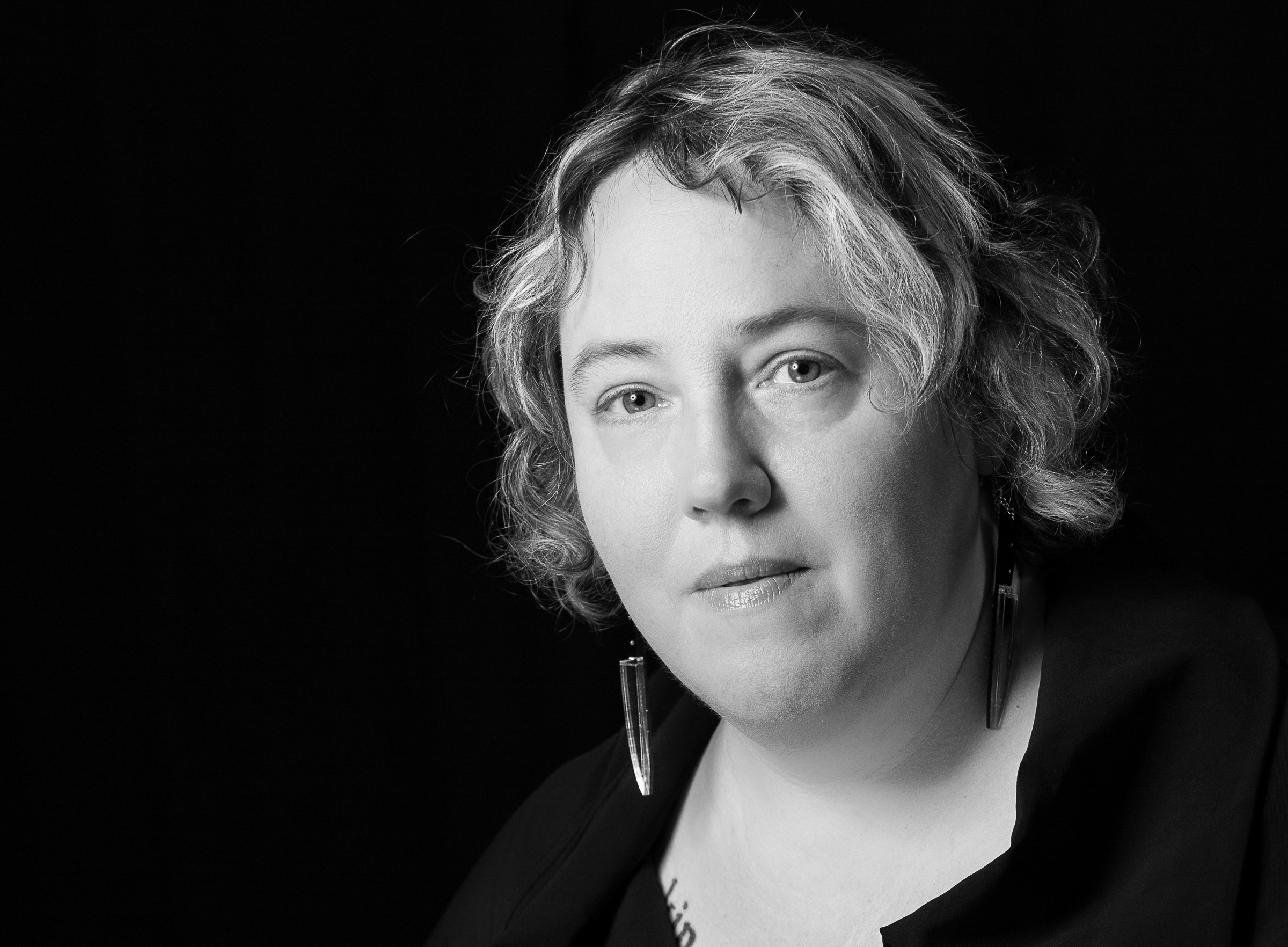 Photo: Sharona Jacobs Photography
Photo: Sharona Jacobs Photography
Kelly Link:
“I do reread books and stories, all the time. Often children’s books and ghost stories, especially anthologies of ghost stories. Stephen King’s novels or collections. I reread things that I loved, or that had a particular effect on me. I once asked a bunch of horror writers why it was still pleasurable to reread scary stories when their power to scare us has diminished. The writer Nick Mamatas said, ‘I read to feel a sense of dread.'” (LARB)
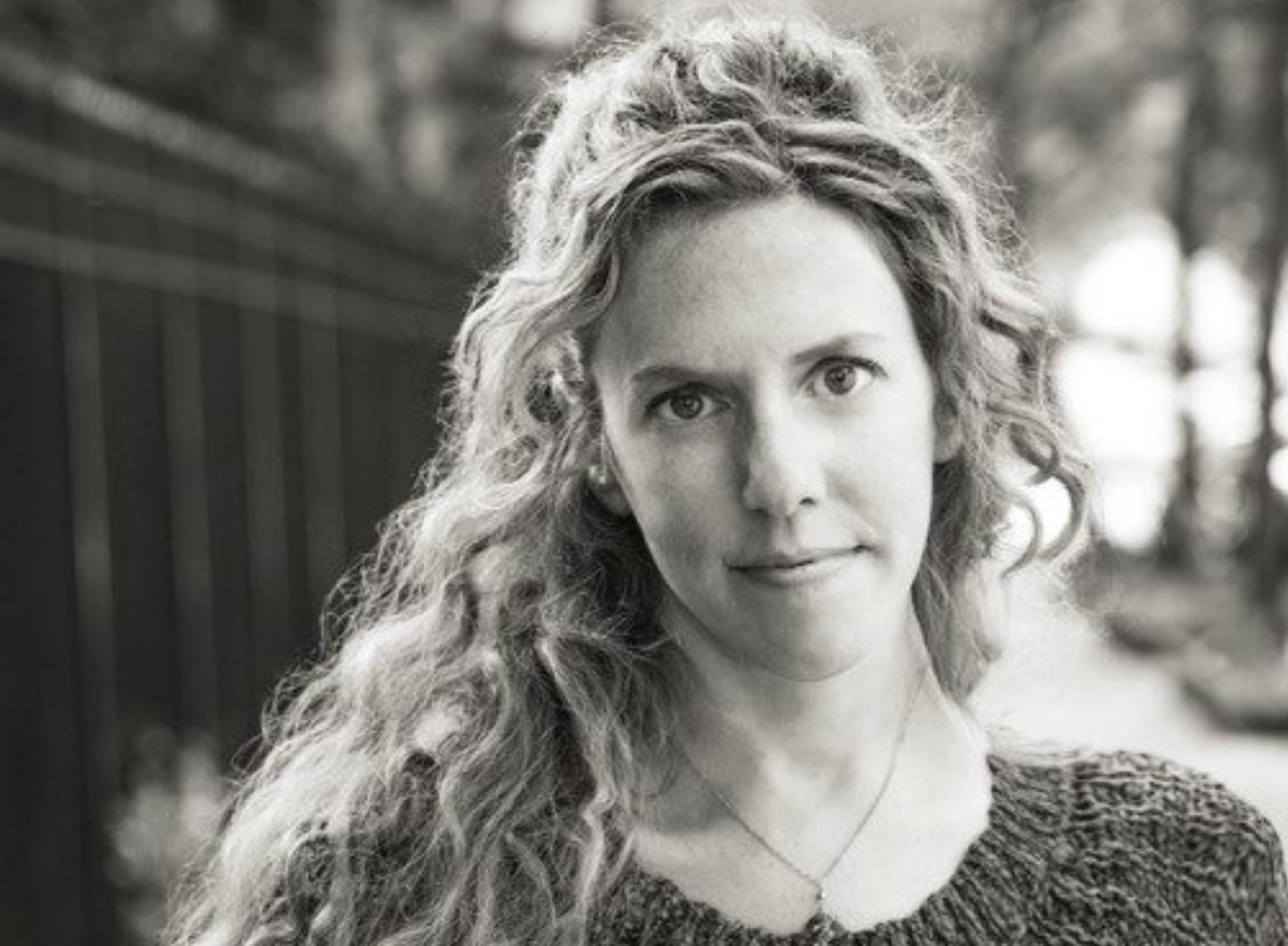 Photo: Nina Subin
Photo: Nina Subin
Robin Wasserman:
“Stephen King saved my life. . . . Stephen King saved my life strictly in the sense that after an especially humiliating junior high school afternoon (acid-washed jeans, a chair puddled with red paint, you get the rest), it was re-reading Itthat persuaded me not to run away and join the circus. Or at least not to quit school and get a job at the Gap. If the Losers Club could defeat knife-wielding bullies and a monstrous sewer clown, I reasoned, then surely I could take a stab at surviving the junior high cafeteria. After that day, the books I loved became the books I lived on. They were fresh air and security blanket in one; they were not only an acknowledgment that evil existed (you needed only meet my gym teacher to buy that) but an assurance that someone like me, needy and lonely and young, could defeat it.” (The Atlantic)
 Photo: Lee Towndrow
Photo: Lee Towndrow
Sherman Alexie:
“I always tell people my literary influences are Stephen King, John Steinbeck, and my mother, my grandfather and the Brady Bunch.” (Interview with Thomson Highway)
“Oh my gosh. Stephen King, who was always writing about underdogs, and bullied kids, and kids fighting back against overwhelming, often supernatural forces [has stuck with me]. The world aligned against them.
As an Indian boy growing up on a reservation, I always identified with his protagonists. Stephen King, fighting the monsters.” (State Impact)
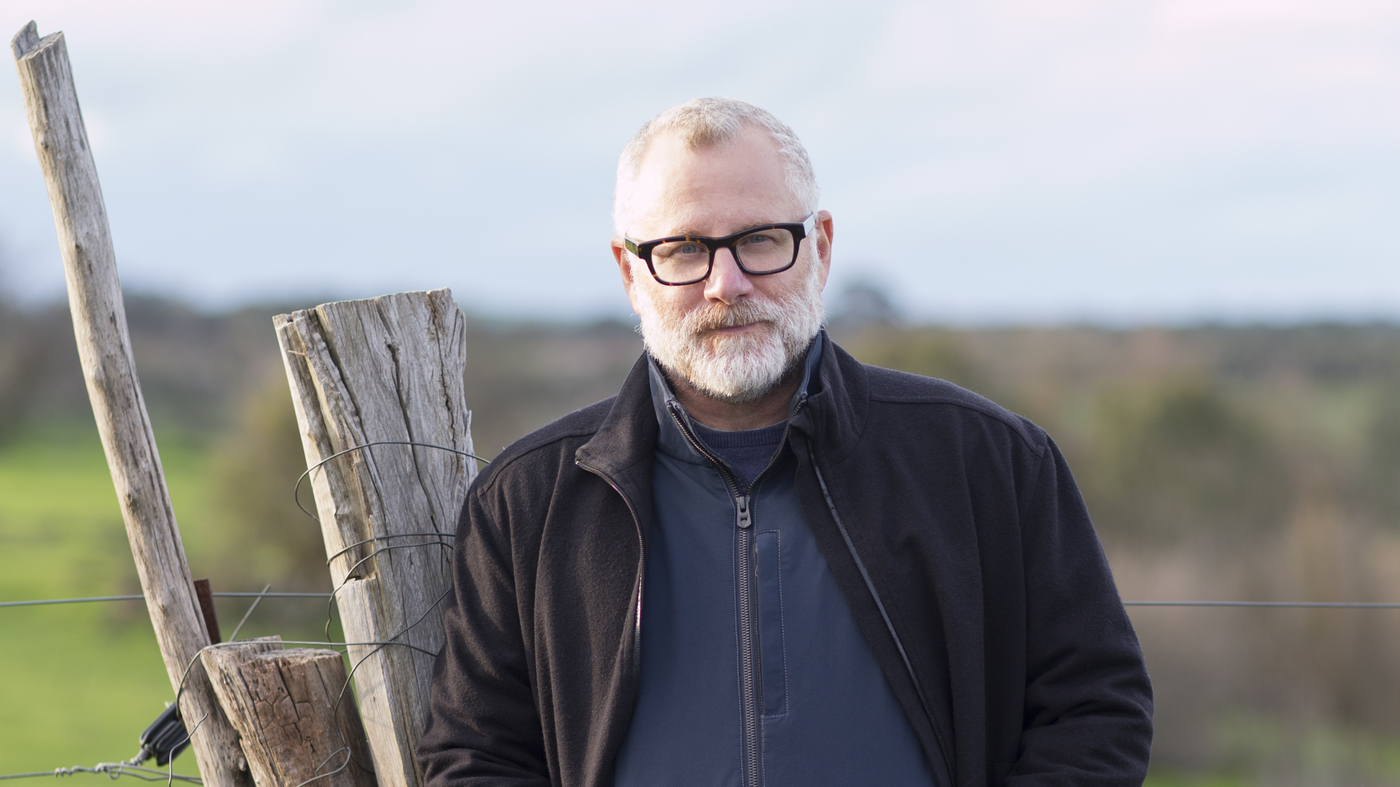 Photo: Ben King
Photo: Ben King
Tom Perrotta:
“I admire Stephen King not primarily for being our foremost writer of horror and suspense—though he is that—but as an artist of colloquial English, a master storyteller whose voice is so natural and unaffected that it seems to be coming from deep in our collective unconscious, the wellspring of small-town middle America. For me, as for many other ‘literary’ writers, King’s masterpiece is Different Seasons. Every one of those novellas is a great achievement.” (Salon)
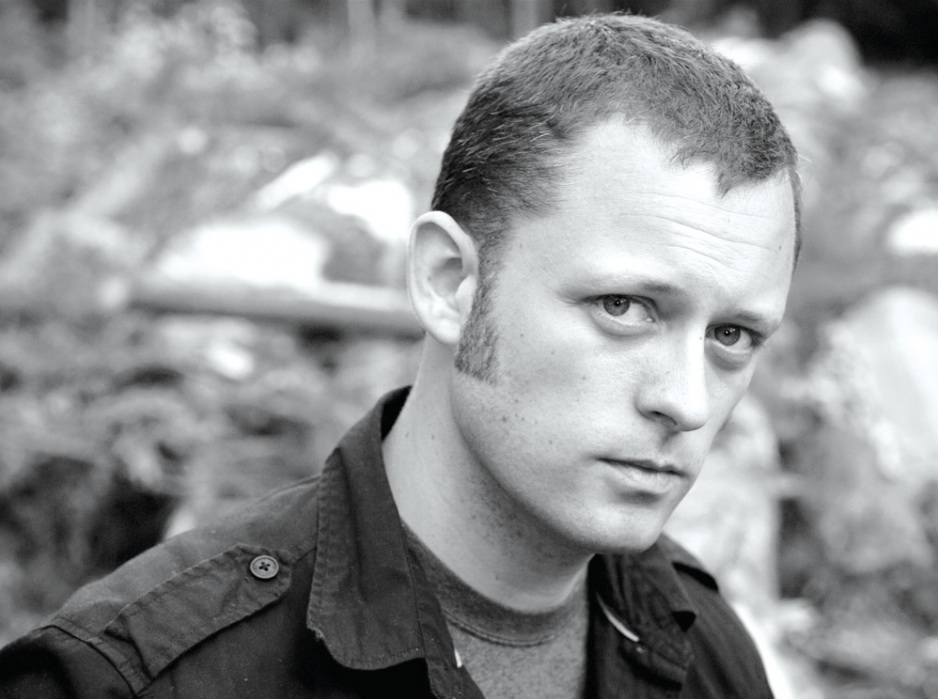 Photo: Jennifer May
Photo: Jennifer May
Benjamin Percy:
“Stephen King’s It awakened my brain, opened up emotional chambers I didn’t know existed. I related so closely to the seven kids who make up the Losers’ Club—their dreams and anxieties my own—and by following them into adulthood, I grew up a little myself. I remember passages from that book so vividly I might as well have lived them. And this is not unique to It, which was published in 1986 and is getting a new film adaptation on September 8. I might own nearly all of King’s books, but really, they own me. And I’m not alone in this way. So many of us were raised by him.
. . .
He is there—on every train track, at every lakeside cabin, in every culvert and marsh and funeral parlor, every bathroom and walk-in freezer and hogpen and high school dance—imprisoning me in a world of wonder and horror. Dostoyevsky might have said that “we all come out from Gogol’s overcoat,” but for this loyal reader, we all come out of King’s sewer grate. I don’t think I’m exaggerating when I say his cultural influence might be second only to Shakespeare’s.” (Departures)
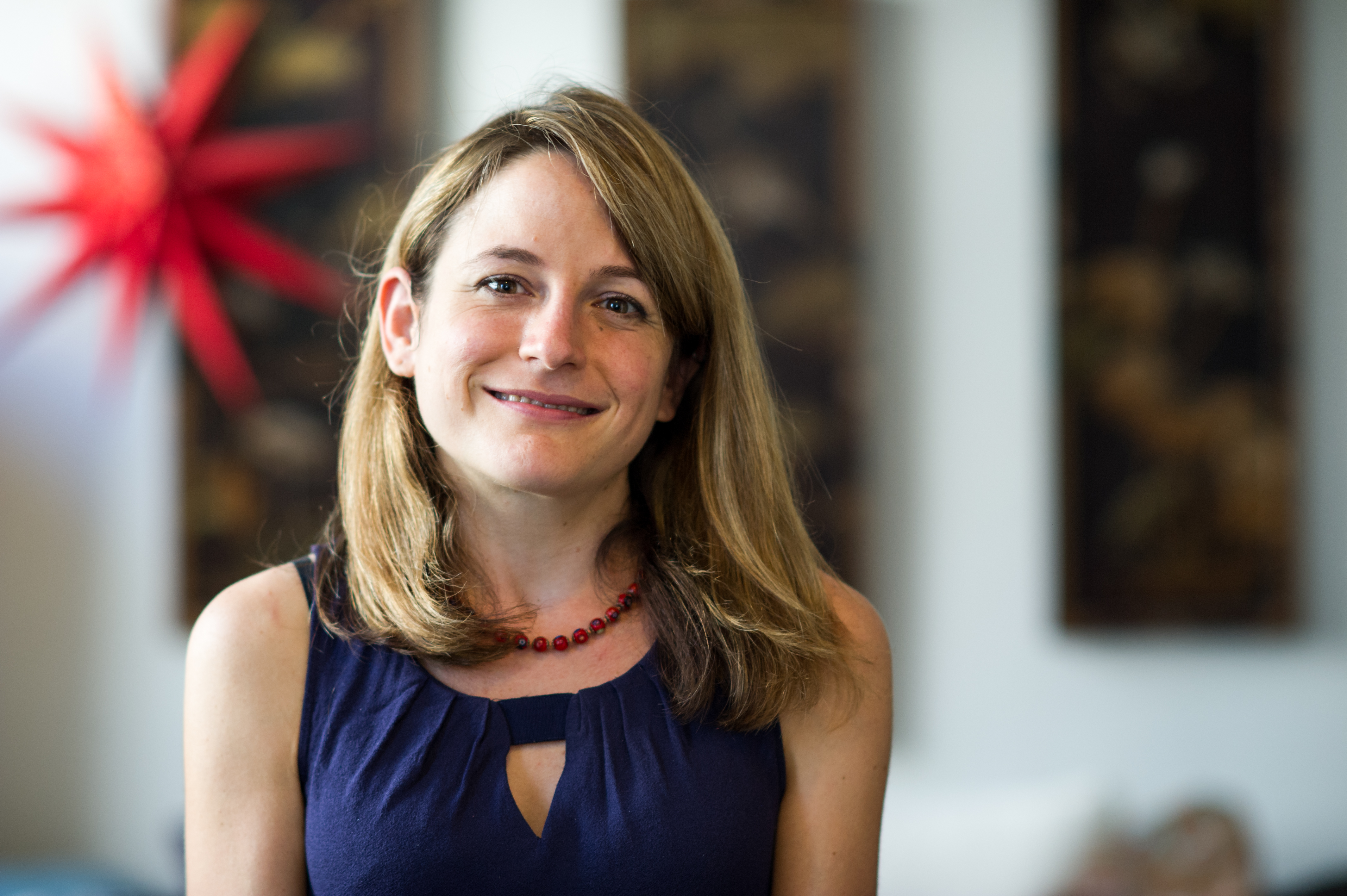 Photo: John D. & Catherine T. MacArthur Foundation
Photo: John D. & Catherine T. MacArthur Foundation
Karen Russell:
“Swamplandia! . . . owes a big debt to Stephen King’s The Girl Who Loved Tom Gordon. I think that’s one of the most beautiful books. For King it’s pretty quiet, about this nine year old girl wandering around the woods in Appalachia. It’s weird to me that King is as popular as he is, you know? Because of the places he goes. That’s an acknowledgement of how weird we all must be, and how we love the dark. I feel like he’s some organ, doing extrasensory processing for all of us!” (The Millions)
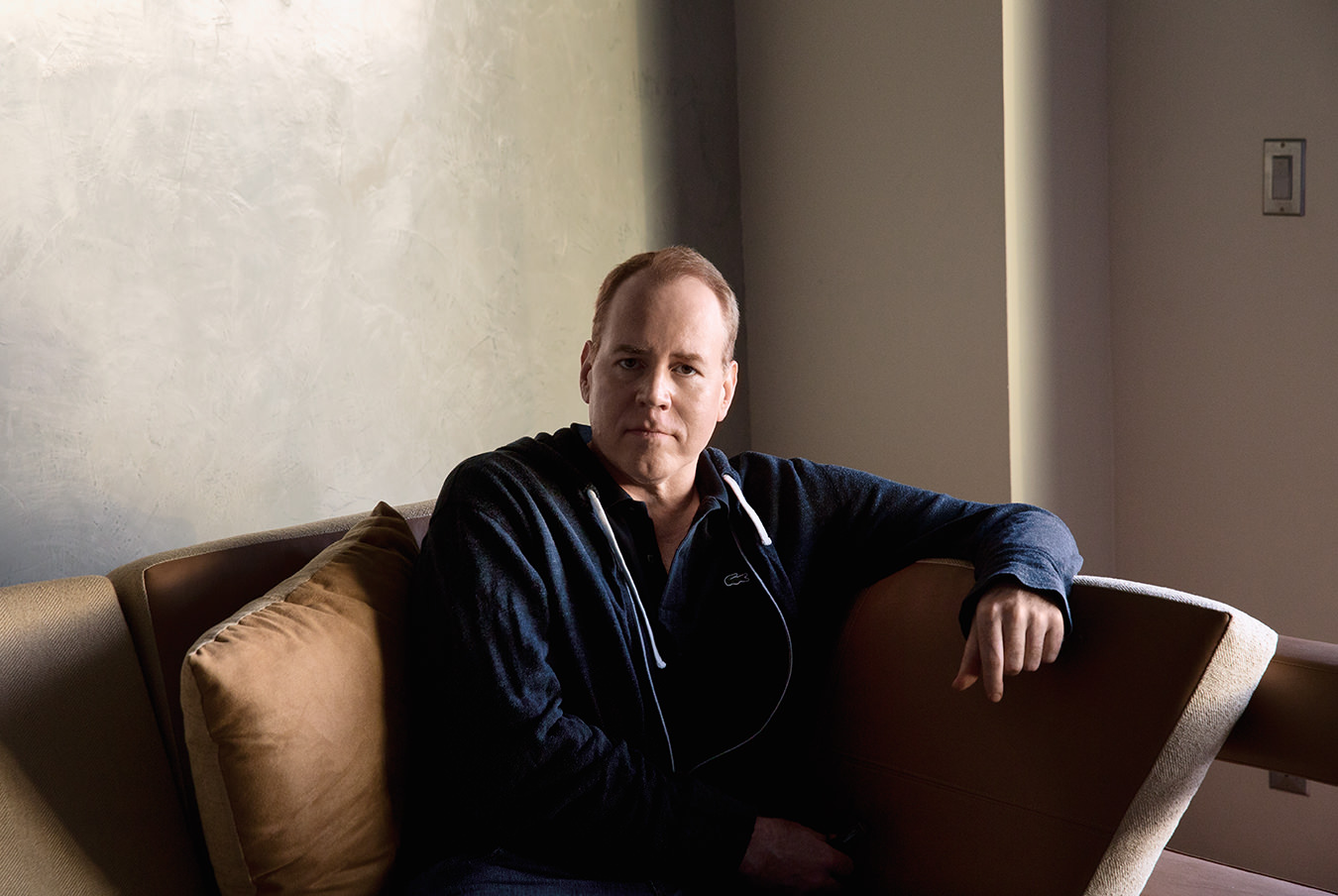 Photo: Sarah Soquel Morhaim
Photo: Sarah Soquel Morhaim
Bret Easton Ellis:
“The impetus to write [Lunar Park] came from wanting to mimic the books I loved as a boy and a teenager—specifically the Stephen King novels I devoured as well as both the Warren Comics of the 70’s (Creepy, Eerie, Vampirilla) and the slightly less edgy EC Comics (Vault of Horror, Tales From the Crypt). I guess I basically wanted to re-experience the pleasure I got from reading something like The Shining or The Dark Half.” (The Cult)
“He was a major writer for me as a kid, and as an adolescent. I was thrilled every time a Stephen King book came out. I’d spend pocket money on hardbacks. Man, they were the first hardbacks that I demanded my parents get for me. I remember buying It and thinking it was the most epic horror novel—that it was the Ulysses of horror.
. . .
When the idea first occurred to me, I thought I’m going to write my Stephen King novel. I was at a ranch, in North Dakota, walking around. It was a week after Christmas. It was snowy. I went for a walk by myself. I’d just finished writing American Psycho, I’d just sent it off the week before, a week before Christmas. And I wanted to write something different—something fun. Writing American Psycho was fun—but it also took me into weird dark places. I didn’t want to write something that was so violent and so pornographic. During that walk I thought ‘haunted house’. Yeah, haunted house! I’d said in interviews at the time that I was thinking about a high school and vampires because I liked ‘Salem’s Lot so much. And I could’ve gone there, I suppose – but the haunted house thing kept announcing itself. That was IT! There was NOTHING! ELSE! Just a full throttle fun house ride! That was all I wanted to do. Simple.” (Bookmunch)
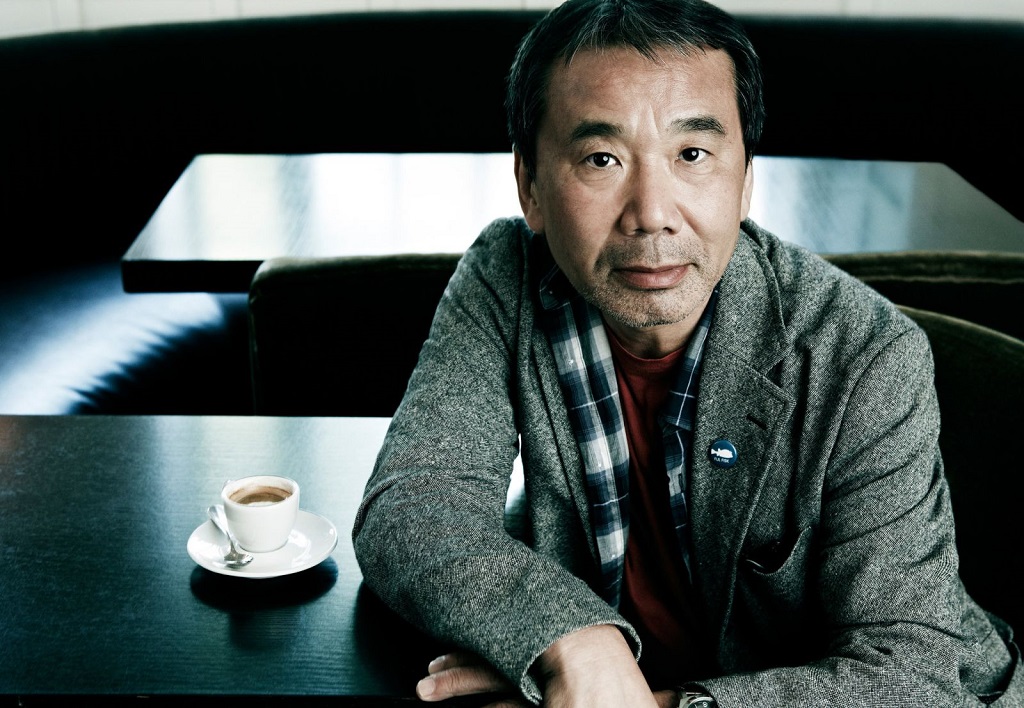 Photo: Gasper Tringale
Photo: Gasper Tringale
Haruki Murakami:
“I love pop culture—the Rolling Stones, the Doors, David Lynch, things like that. That’s why I said I don’t like elitism. I like horror films, Stephen King, Raymond Chandler, detective stories. I don’t want to write those things. What I want to do is use those structures, not the content. I like to put my content in that structure. That’s my way, my style. So both of those kinds of writers don’t like me. Entertainment writers don’t like me, and serious literature people don’t like me. I’m kind of in-between, doing a new kind of thing.” (Salon)
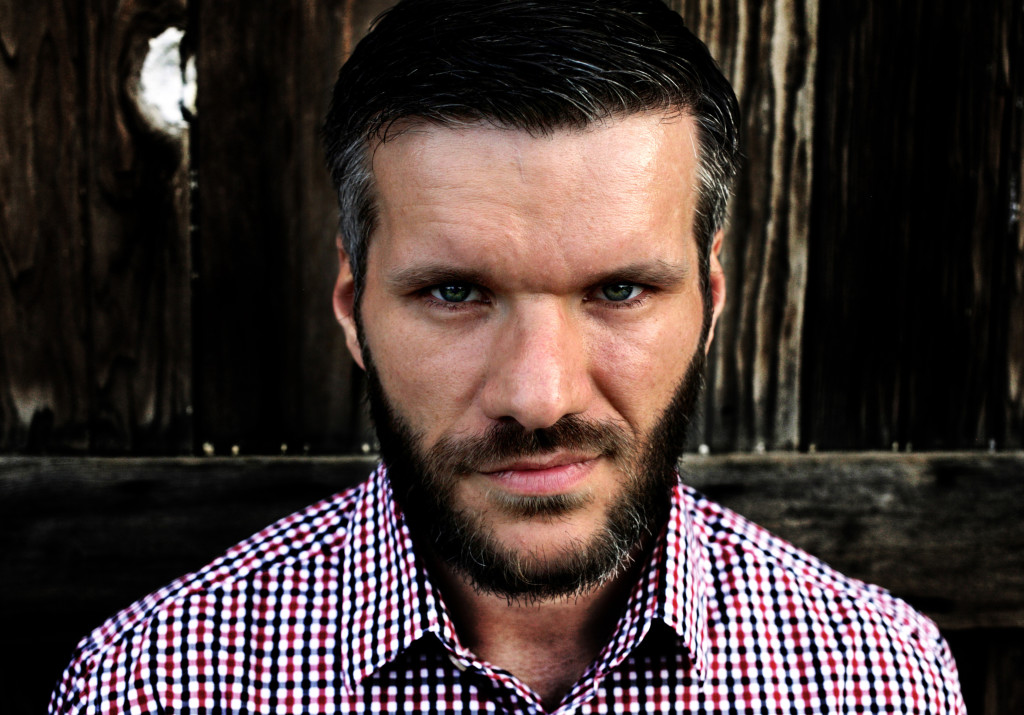 Photo: Elijah Tubbs
Photo: Elijah Tubbs
Matt Bell:
“I also grew up as a reader of fantasy and sci-fi. I can talk Cormac McCarthy all day but Stephen King is just as important to me. It’s good to allow yourself to be influenced by whatever you’re really influenced by, not just what you supposed to be influenced by.” (12th St)
Emily Temple
Emily Temple is the managing editor at Lit Hub. Her first novel, The Lightness, was published by William Morrow/HarperCollins in June 2020. You can buy it here.









